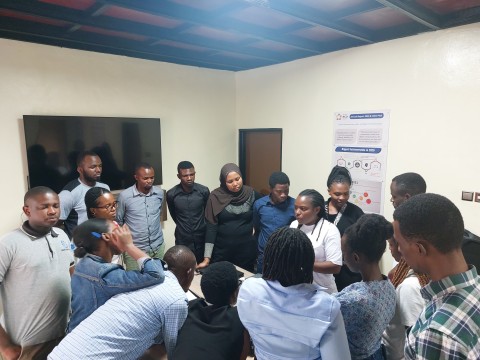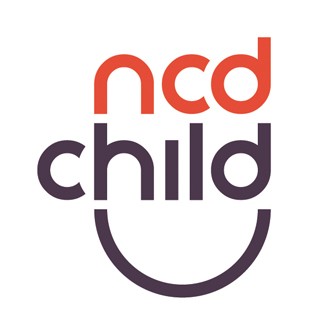The right to health is a human right. World leaders had committed to ensuring that everyone has access to healthcare, regardless of their ability to pay, by 2030 – a streamlined path towards Universal Health Coverage (UHC). However, the recent UHC 2030 status report clearly shows that implementation has been lagging with severe implications for non-communicable diseases (NCDs). Half of the world’s population still cannot access essential health services for NCDs and healthcare costs push millions into extreme poverty every year. The Lancet Commission also reveals a glaring disparity, as great as 20 years of healthy life lost among the poorest billion living with NCDs compared to those in high‑income countries.
These inequities are particularly striking for severe chronic NCDs like type 1 diabetes. Although the survival rates continue to improve for people diagnosed with type 1 diabetes in many high-income countries, a large proportion of people living with diabetes are still undiagnosed and cannot access life-saving insulin. In addition, substantial mapping data highlights the lack of epidemiological understanding and quality of care being delivered globally. The burden of mortality for type 1 diabetes disproportionately affects low- and middle-income countries and in particular children and adolescents. From this perspective, young people should be engaged in shaping the care that supports them and their contributions should be considered as key to bridging the care gap and strengthening health systems for prevention and treatment of NCDs.
Bridging the Gap in Diabetes Care
The estimated life expectancy of a child newly diagnosed with type 1 diabetes in Sub-Saharan Africa is less than one year. Lack of access to insulin and misdiagnosis remain the most common causes. Continued efforts are being made in collaboration with bilateral and philanthropic funders to develop comprehensive policies to ensure insulin and other diabetes supplies are included in UHC packages, and remove or regulate mark-ups within the supply chain. However, organizations have failed to materialize a global movement by ensuring voices of people living with diabetes, especially young people, are meaningfully included in care.
Youth leadership and inclusion in policy and programs are key to promoting health equity and protecting young people living with or at risk of NCDs. Prioritizing investments by young people brings a youth-focused perspective and empowers youth to create long-term solutions to current NCD challenges. Youth leaders, supported by NCD Child, are implementing advocacy or policy-related projects that meaningfully address the NCD agenda and reflect the needs of children and their families globally.
Youth Leading Change
Youth engagement initiatives such as the “Families integration in Type 1 Diabetes self-care and control in rural and suburban impoverished communities in Rwanda”, an NCD Child-funded project led by Young Leaders, aim to strengthen awareness and improve care in an underserved population. In Rwanda, insulin and supplies are freely available to children and young adults living with diabetes through these collaborations and partnerships. Still, gaps in diabetes care continue to make it inaccessible and fragmented for those who need it the most. The biggest obstacles include a lack of psychosocial support among family members, little understanding of insulin administration, food insecurity, and a lack of financial protection.
The initiative also maintains the socio-demographic environment among family members by providing financial protection and social support. Some activities include donating livestock for patients to generate money and combat food insecurity.








